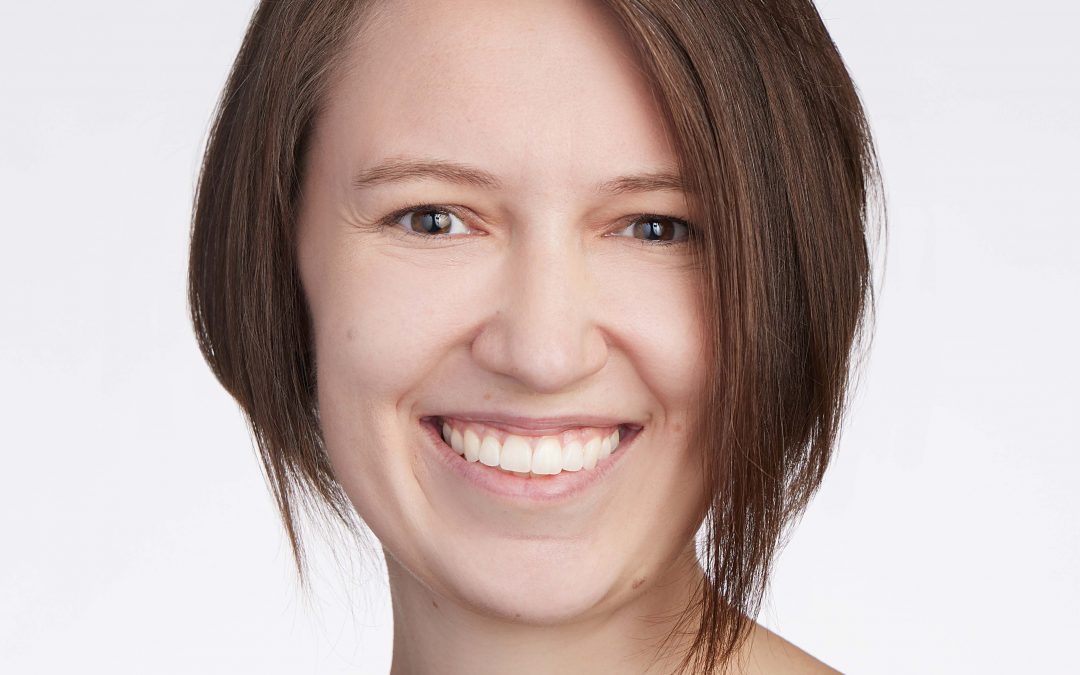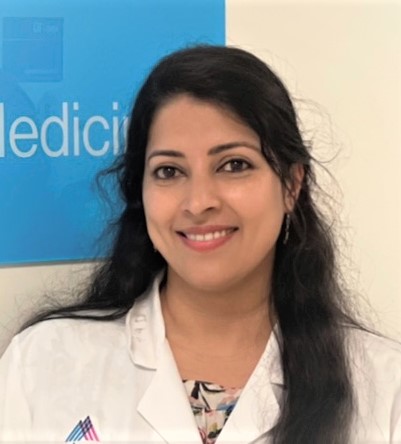Community Grand Rounds (GR) and Community Tours
Community GR provide a forum for community partners to present their work, discuss challenges, and identify community concerns and resource gaps to potential partners including CTSA leadership. Presentations are interactive and catalyze new collaborations as community partners present insights on how to address the needs of families through clinical practice, research, education, or policy change. Community GR are rooted in bidirectional learning, providing community partners opportunities to network with researchers, and brainstorm research opportunities. Community Grand Rounds are complemented by Community Tours, in which core leaders and community partners host walking tours of East Harlem for TL1/KL2 mentors and trainees and interested clinicians and researchers from the broader community.
Training and Exposure to Community Engagement
Our team routinely offers community engagement trainings led by Ms. Luz Guel and Ms. Goytia to staff, trainees and faculty to enhance capacity in research and outreach; offer opportunities to network and build partnerships and teams to identify new strategies to change systems, programs, and policies to improve the health of diverse populations across NYC; extend community representation in all team science endeavors, building community visibility, interconnectivity, and capacity through team science awards and training by expanding efforts described above.
Community and Collaboration Consultation Service
We navigate community partners’ research requests and partner with researchers to foster community- partnered team science and new research areas and develop, implement, and evaluate community-based programs. Investigators routinely request assistance through the CC core to better recruit diverse target populations and to plan and design programs in partnerships that address community needs. Consults are with internal and external partners who are interested in including engagement of stakeholders in their research. They range from beginning of the grant writing/development process to dissemination of results to large groups/populations.
Community Pilot Mini-Grant Program
The Community Pilot Program positions community partners to be competitive for future community- partnered funding opportunities. These grants provide financial and technical support to NYC-based community organizations engaged in programs and projects aimed at improving the health of communities. These mini-grants are designed to foster partnerships and strengthen community capacity to conduct research in March of this year we awarded technical mini-grants of $15,000 each to four NYC community-based organizations: Sixth Street Community Center, Concrete Safaris, Little Sisters of the Assumption Family Health Services, and Futures Ignite. Awardees have been matched with Mount Sinai faculty and students for support and will attend Mount Sinai-hosted workshops tailored to their identified technical assistance needs. Through these Community and Collaboration led workshops, funded teams access support for messaging; report-back; connection to clinicians, researchers, and partners; and receive input on how to implement, evaluate, and scale projects.
Create a Data Story Hub
The Data Story Hub is a consulting service for translational messaging. The Hub identifies key messages, audience(s), and desired outcomes; engages reviewers with relevant expertise (e.g., GIS experts) for feedback; engages a creative/design team to develop the final output; and conducts focus groups to ensure usability and efficacy for the intended audience(s).
Mount Sinai Targeted Healthcare Innovation (THRIVE) Fellowship
THRIVE is a 9-month program for participants from diverse professional backgrounds to develop MedTech innovations. The program was intentionally designed to enable participants to gain first-hand experience in MedTech innovation and to develop team science skills by collaborating with talented and motivated trainees with diverse backgrounds, disciplines and perspectives, provides an experiential team science platform for participants to take a project idea from concept to commercially viable innovation. The THRIVE program utilizes a competitive application process to recruit trainees from across the Icahn School of Medicine (ISMMS), the Graduate School of Biomedical Sciences (GSBS) and the Mount Sinai Health System (MSHS).
LEAD Program
The LEAD program is aimed at supporting Junior Faculty to develop personal and professional leadership skills. The curriculum includes modules in self-discovery, communication, influence, negotiation, difficult conversations, inspiring trust and embracing diversity. This 12-month program runs from February – January. Applications are sought from Instructors, Assistant and Associate Professors in September each year. You can find further information here or by contacting Layla.fattah@mssm.edu
Establish a Resilience Accelerator
In collaboration with Translational Endeavors the CC core has helped to establish a Resilience Accelerator, led by Dr. Jonathan Depierro, Director of the Center for Stress, Resilience and Personal Growth (CSRPG). To advance resilience research and training, Community and Collaboration Core has specifically focused efforts to discern, describe and develop an evidenced based conceptual framework to advance effective team science leadership models to propel collaborative transdisciplinary research.
ConduITS is supported by NCATS of the NIH’s CTSA Program. Any use of CTSA-supported resources requires citation of grant number UL1TR004419 awarded to ISMMS in the acknowledgment section of every publication resulting from this support. Adherence to the NIH Public Access Policy is also required.


